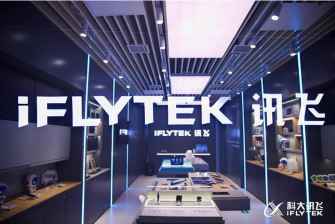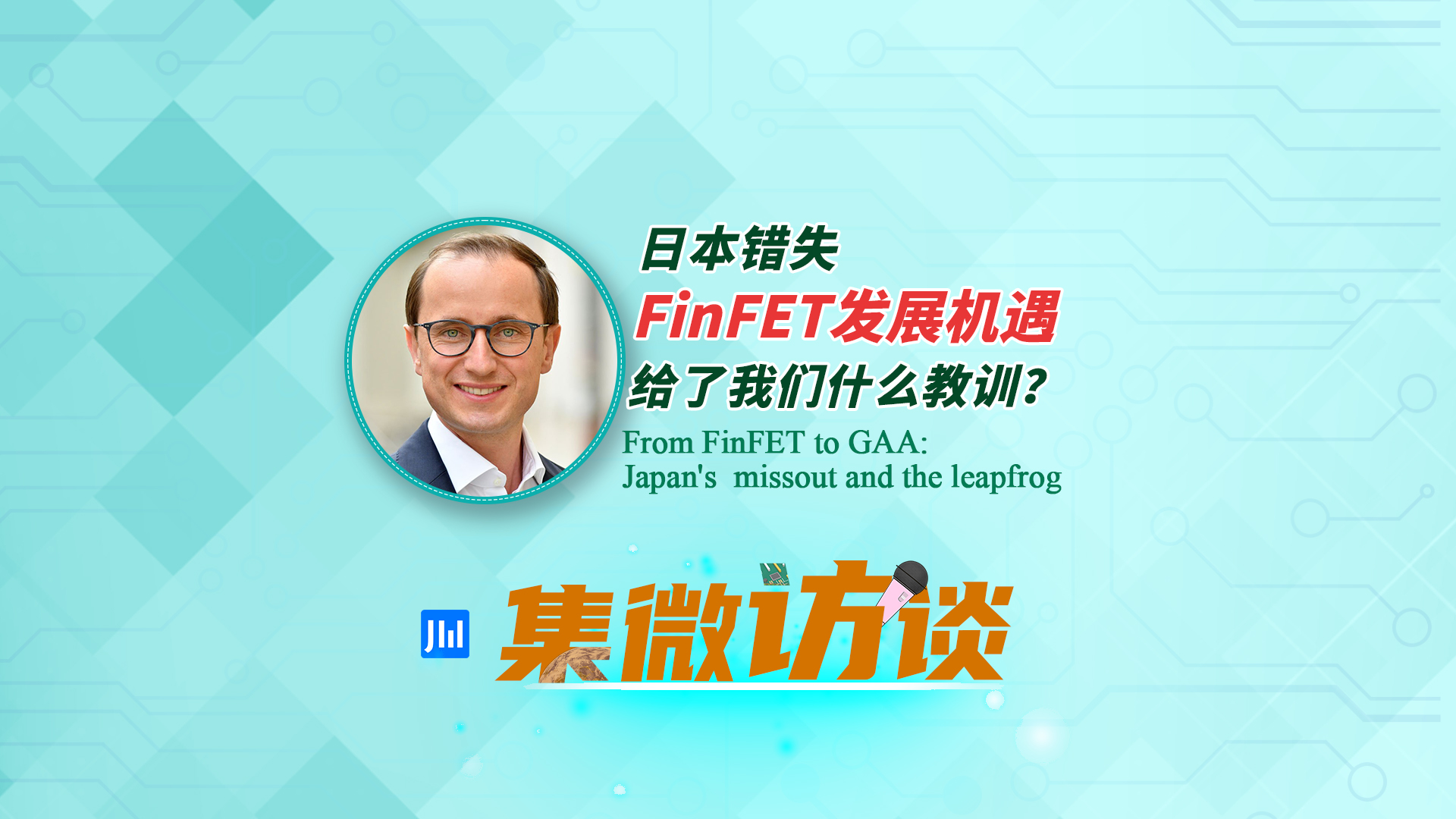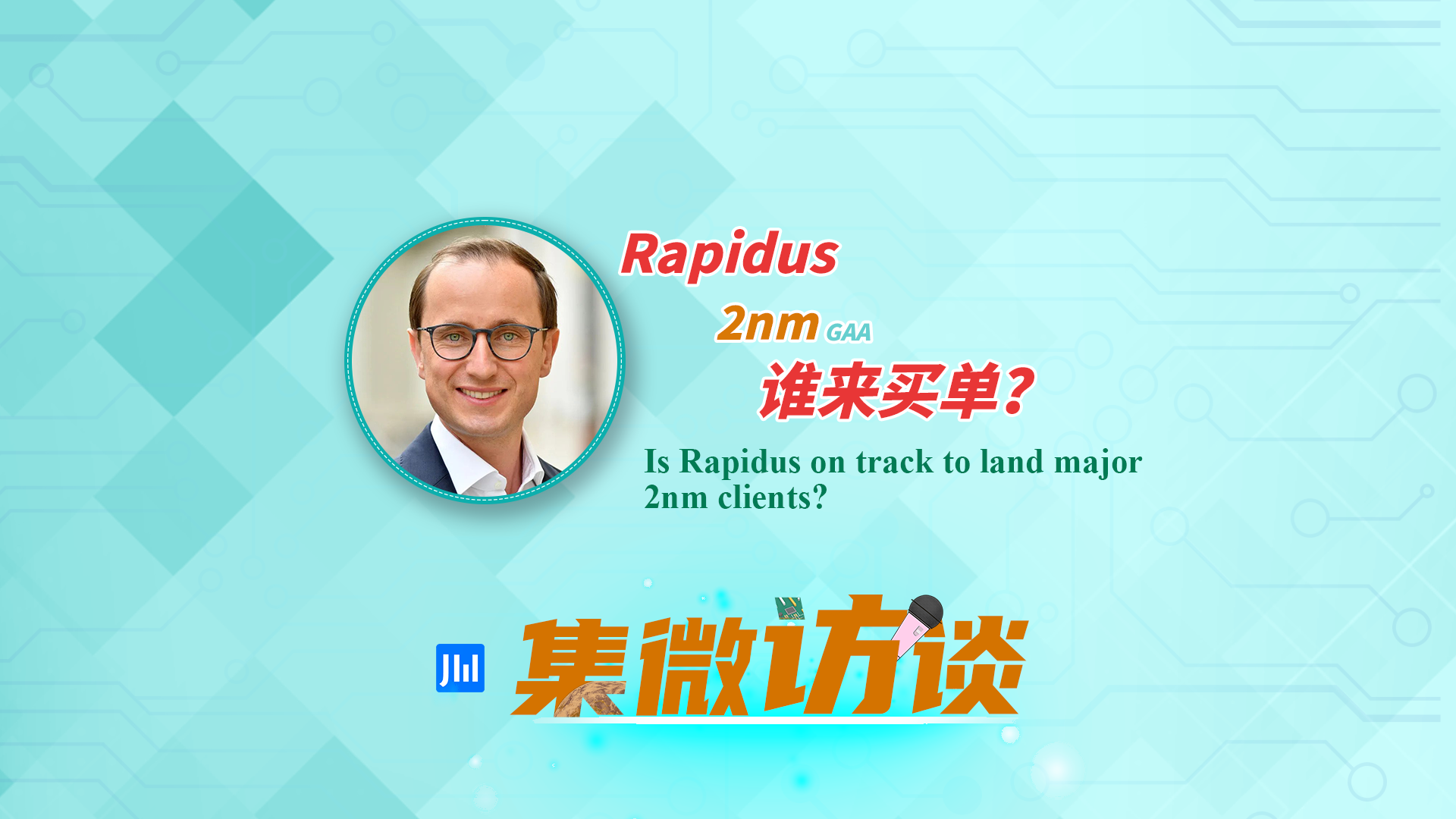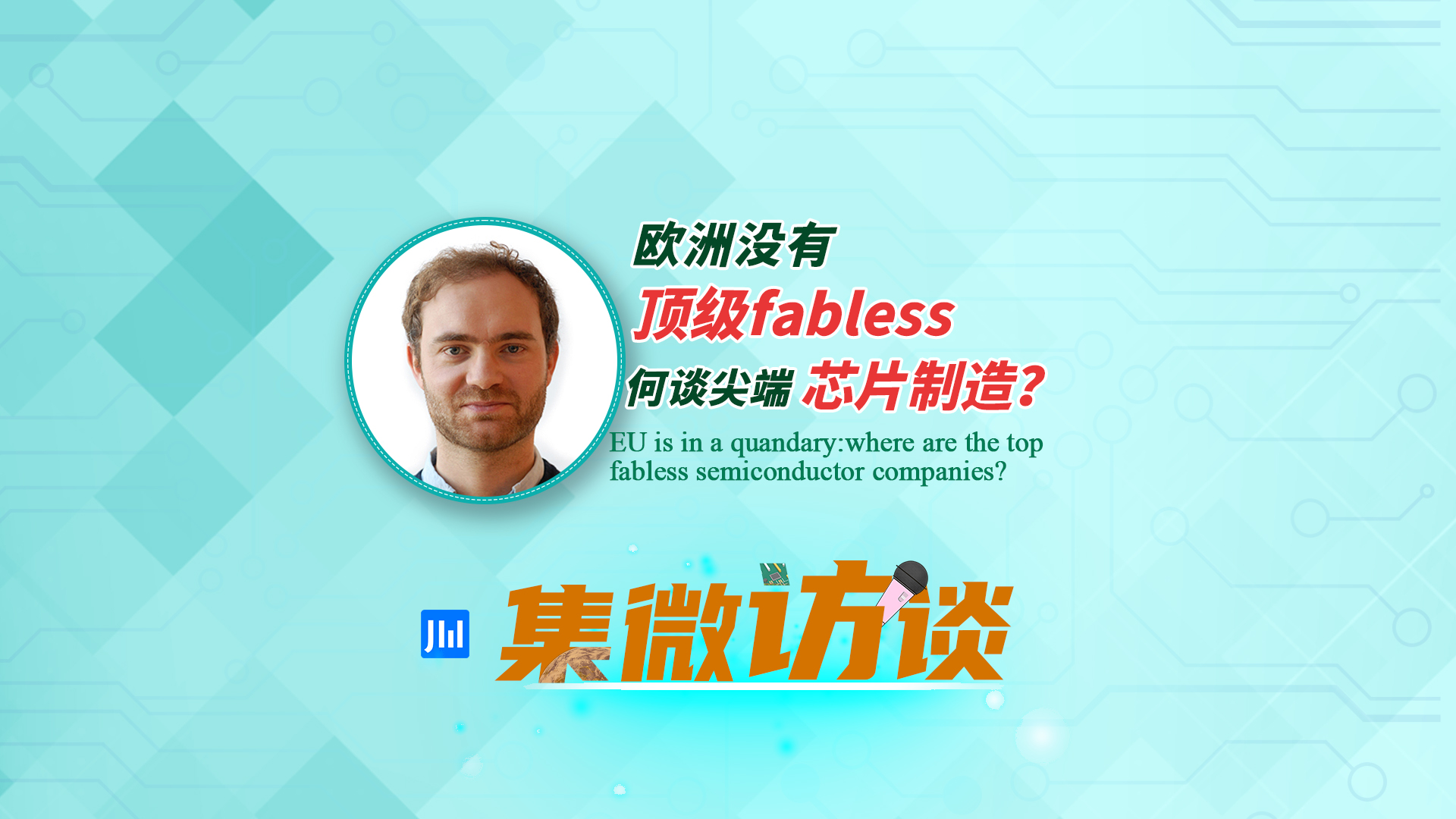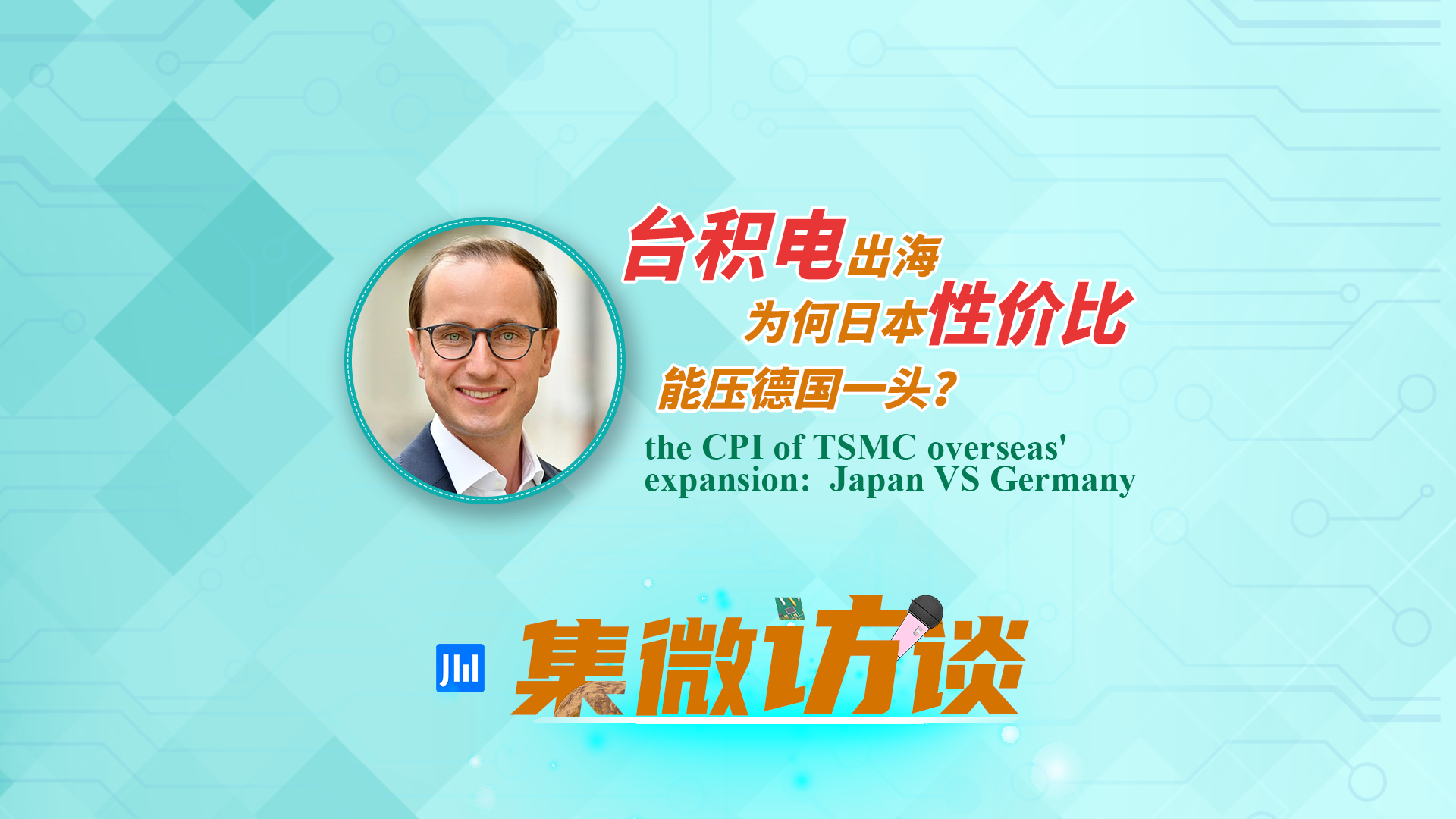JW Insights and JZ High Tech initiated and organized the first Automobile Semiconductor Ecosystem Summit last week in Shanghai online and offline, attracting over 86,000 audiences.
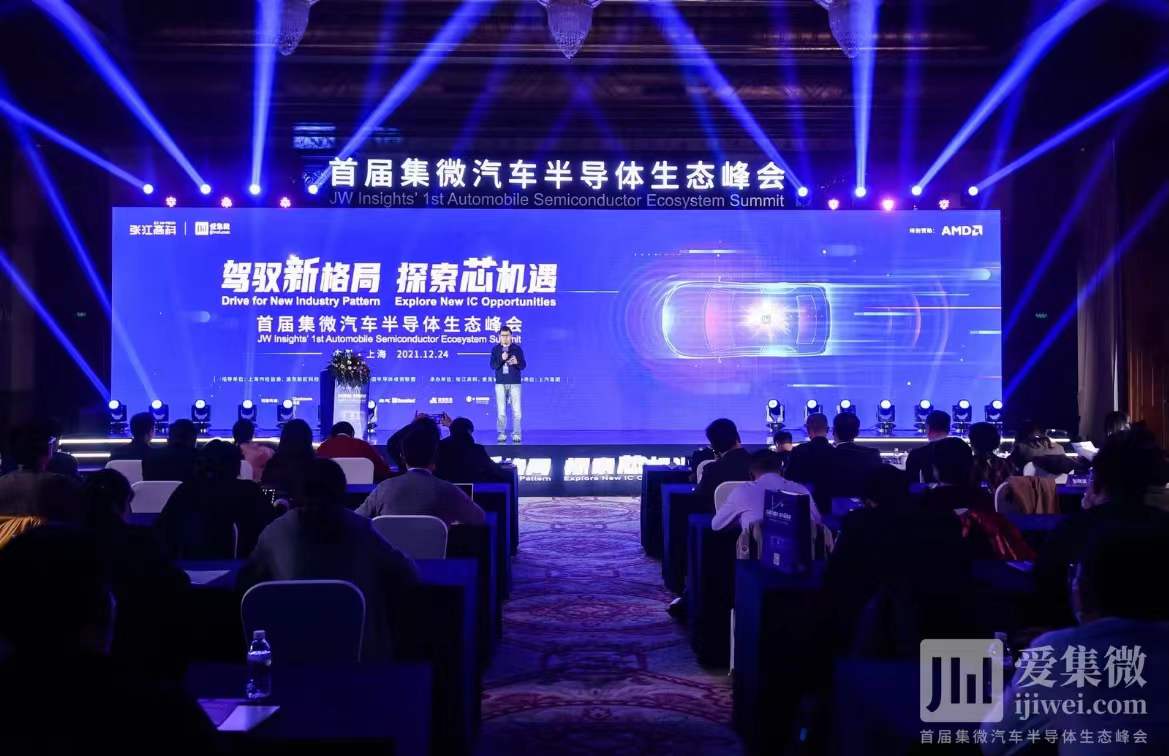
JW Insights (爱集微) is China’s leading information and consulting services on semiconductor and ICT industries; ZJ High Tech (张江高科) is the authority for all major high-tech parks in Shanghai.
With the theme of “Drive for New Industry Pattern, Explore New IC Opportunities”, the summit struck a note when China’s semiconductor and automobile industries are working closer to orient to the rise of semiconductors in the new automobile transformation and an unprecedented chip shortage hitting the auto industry.
The summit held on December 24th, 2021 was sponsored by the Economic & Information Committee of the Shanghai Municipal government, China Semiconductor Investment Alliance, and SAIC MOTOR – the largest listed automobile conglomerate in China.
Addressing the summit were officials from MIIT (China’s Ministry of Industry & Information Technology) and Shanghai Municipal government, and Pudong New District, as well as industry leaders, and investors from both the semiconductor and automobile industries. There were also international speakers from the U.S. SIA, Counterpoint, TechSearch, PwC, Roland Berger, and AMD.
In his opening remark, Lao Yao, JW Insights’ founder, and chairman said, “The next ten years is to become an era of Intelligent Automobiles, and China’s semiconductor industry will speed up this development. We hope to facilitate this exchange in China’s supply chain between the semiconductor and automobile industry.”
Yang Xudong, deputy director of the Electronics Department of the Ministry of Industry and Information Technology (MIIT), addressed the event and noted, “Electronics and automobile manufacturing are the pillars in China’s industry. Under the wave of automobiles becoming more electronic, networked, intelligent, and digital, automotive chips have become the strategic joint linking the two pillar industries.” He called on efforts to further study the automotive chips, innovating the products and developing the supply chain.
Fu Xinhua, deputy director of the Economic and Information Committee of Shanghai Municipal Government, said, “The biggest drawback in our industrial ecosystem we have found from the pandemic is with the chip shortages. Shanghai is the center for China’s IC industry, Pudong New District is the IC town. Our next focus is in building up a strong automobile industry chain.”
In a panel discussion at the conference, Alice Sun, a managing partner of Xiao Mi Industry Investment Fund, pointed to the chaotic and speculative situation in the automobile chip supply, with prices hyped to 100 times higher for some chips. The newly emerged vehicle makers are joining the demands for chips with traditional manufacturers. They all rush to purchase chips, and the original chip vendors cannot accurately forecast, and automobile makers cannot allocate their demands well.
“So the chip shortage in the automobile market stems from chaos in supply chain management,” she added.
Sun and other speakers predicted that the current chip shortage affecting the Chinese automobile market would ease only in early or mid-2023.
Chen Yuenan, a senior analyst of JW Insights who presented the global and Chinese overview of the automobile chips, said that China imports over 90% of its needs in this field. There is tremendous room for China’s automotive chip company to grow.
Although the one-day conference had a limited number of speakers and participants on-site due to pandemic restrictions, the online viewers numbered 86,000 from JW Insights media channels such as its website, app, and Twitter-like Weibo, Wechat accounts.


 登录
登录

